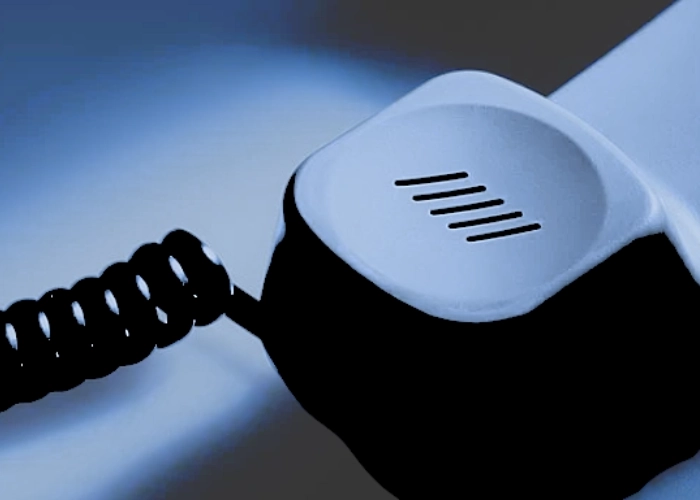Telecom and privacy through time

When the landline telephone was invented in 1876, privacy was not a central issue.
Did you know that several households often shared one phone line, making conversations eavesdropping? While this may look somewhat playful as an outsider, it wouldn't exactly be music to your ears at the time if you had known that your neighbour was eavesdropping on your private conversations.
In the early years of telephony, radio and even the electric telegraph, attempts were made to secure communications. However, encrypting mobile phone calls with algorithms became possible only later. In 1975, the Data Encryption Standard (DES) algorithm was introduced, which became a widely used verified method for securing data for a long time.
Laws, including the e-privacy directive (2002) in the EU, marked a major turning point. They were introduced to ensure national security, but also created privacy implications by, for example, using advanced surveillance technologies to fight crime. With the rise of smartphones, apps and 5G, telecom networks are collecting huge amounts of personal data at unprecedented speeds.
That in this lightning-fast technological (r)evolution, the ethically correct collection and use of data remains a focus of attention is beyond dispute. Essential to safeguard individual privacy rights. Always with a critical eye and correct application of privacy protection measures. Just think of end-to-end encryption, which makes communication content unreadable for the telecom provider.
Is your organisation already calling in a high-tech Cloud?



